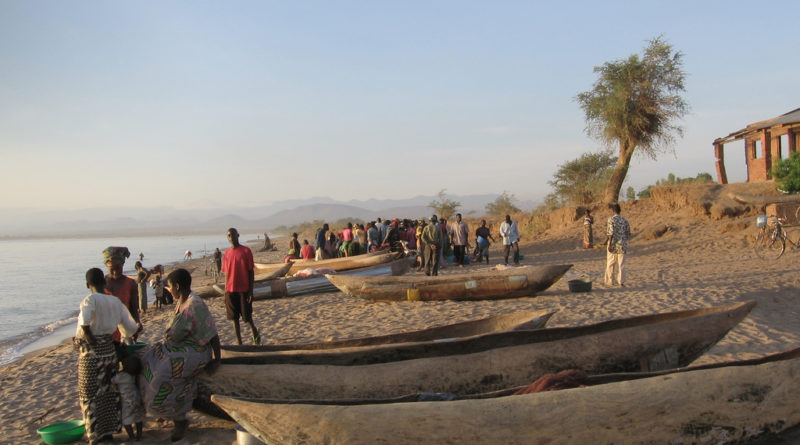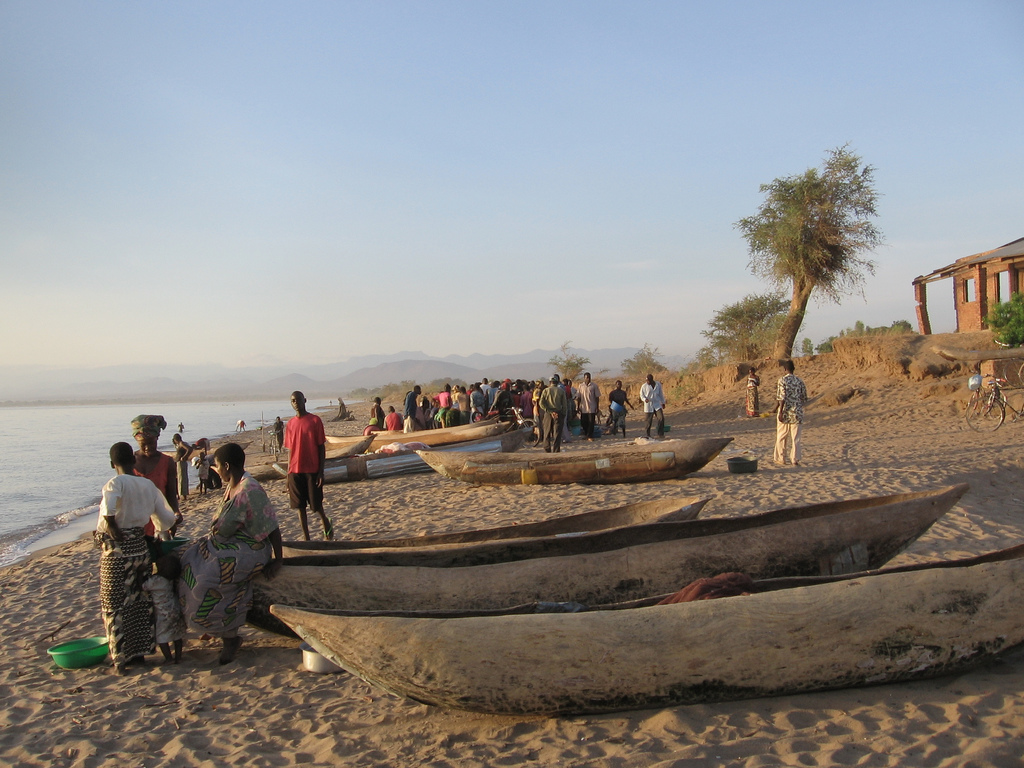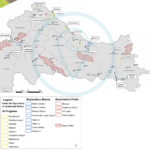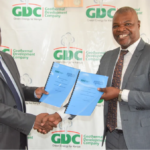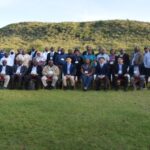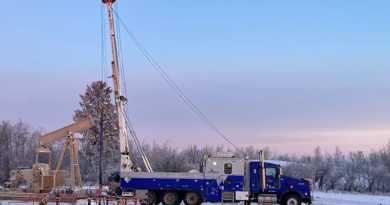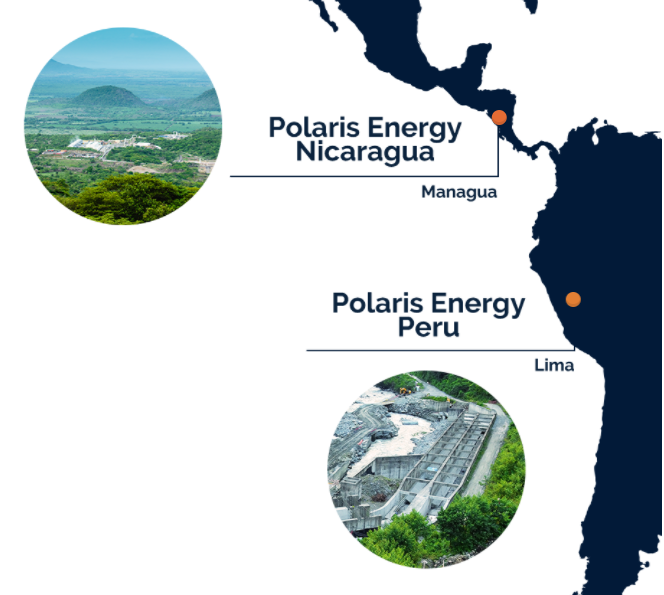Geothermal prospecting license issued in African Malawi
Energy Disrupter
Kalahari GeoEnergy Ltd. has been granted a reconnaissance license for the Chiweta geothermal area in northern Malawi
In a press release, Kalahari GeoEnergy Ltd (“Kalahari”) announced that the company has been granted a Reconnaissance License for the Chiweta geothermal prospect in northern Malawi. The license was granted by the Malawi Ministry of Natural Resources, Energy, and Mining.
Kalahari will now verify the earlier exploration results in Chiweta and reassess the model of the resource based on thermodynamic, chemical, and hydraulic features. The initial objective is to assess the feasibility of commercial power generation, but opportunities for direct applications are also being explored.
The Chiweta geothermal prospect is located in the northern portion of the Malawi Rift, a branch of the East African Rift System. It is proximal to the western shoreline of Lake Malawi.
Goescientific investigations had previously been done on Chiweta by ELC-Electroconsult from Italy under funding by the International Development Association of the World Bank. The 2017 study involved a series of geological, geochemical, gravimetric, and geolectrical surveys. Based on resource modeling, the volumetric estimate for the potential of Chiweta had a likely value of 13.5 MWe and a highly probable value of 10.5 MWe.
Kalahari is also in the process of developing the Bweengwa geothermal prospect in Zambia. As of our latest update, the company had commenced a slim well drilling programme to test the shallow resource in the area and to determine a resource volume.
“We thank the Malawi Ministry of Mining for the opportunity to assess the Chiweta geothermal target. We believe our experience with our Bweengwa River target, which is in a similar geologic setting, and our experience of operating in the region gives us the ability to conduct and effectively manage the exploration work required to be able to develop Chiweta.” said Dr. Moses Banda, Kalahari Director.
“Even at a modest scale, sustainable baseload power generation would have an impact on power availability and reliability in the Northern Region, which largely relies on hydro power from the Shire River in Southern Region and diesel generation. This is particularly pertinent given increased uranium exploration and mining around Livingstonia, some 12 km to northwest of Chiweta. Direct applications of thermal energy are likely to lead to greater food security, social uplift, and climate adaption.” Dr. Banda added.
Source: Press release

